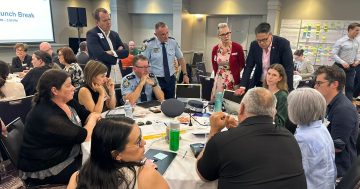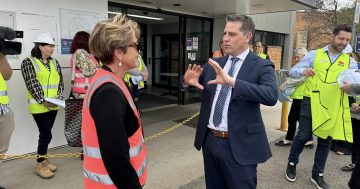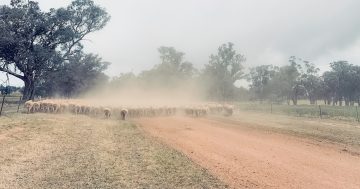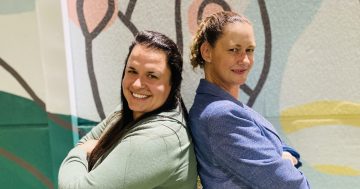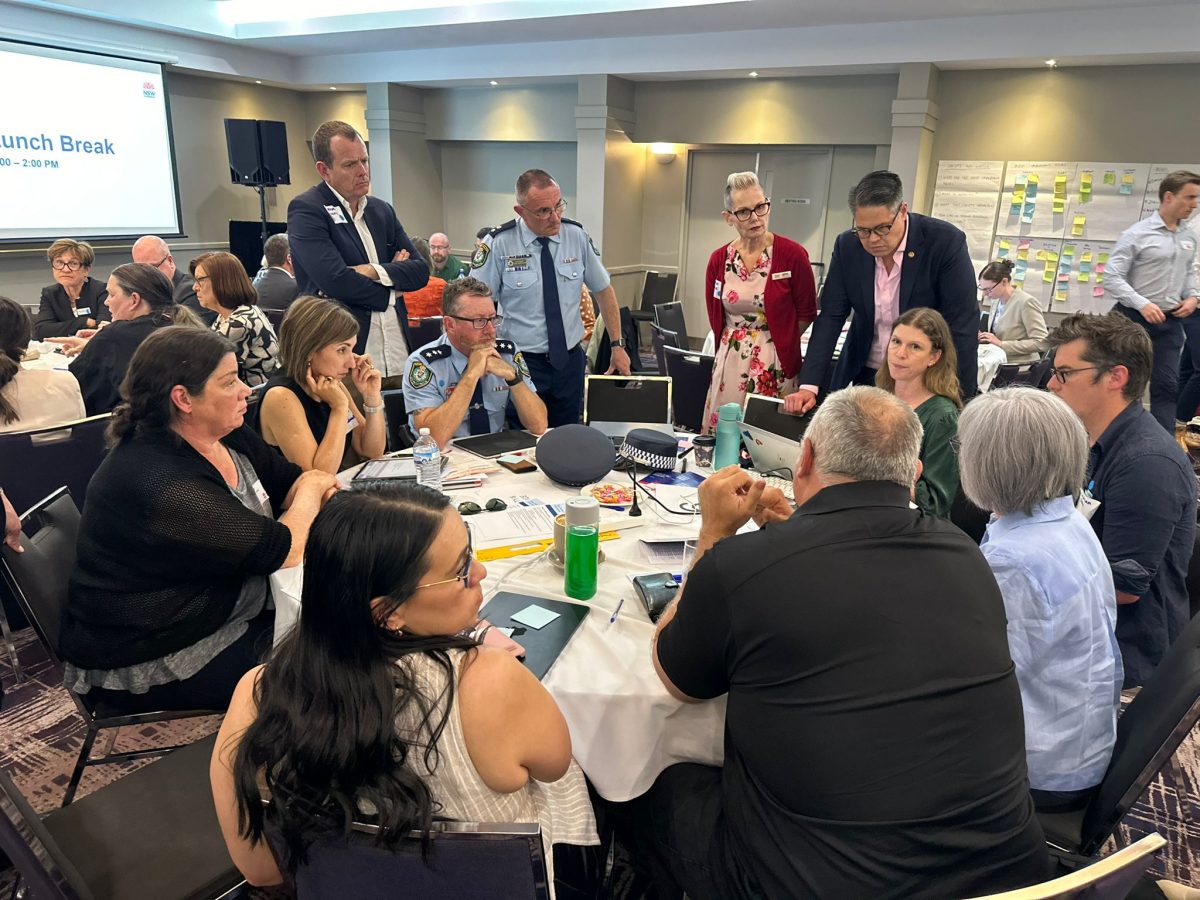
A drug summit held in Griffith was seen as worthwhile but also a missed opportunity. Photo: Helen Dalton MP.
A drug summit held in Griffith has been criticised for excluding several local voices, though participants expressed hope it would lead to meaningful reform.
The NSW Government made an election commitment to hold a drug summit in its first term “to build consensus on the way NSW deals with drug-related harms”.
The first summit of its type held since 1999 will cost taxpayers $1.8 million. It had an initial forum in Griffith on Friday (1 November), a second event in Lismore on Monday (4 November) and will conclude with two sessions in Sydney in December.
The vast majority of the 150 attendees at the Griffith summit were from out of town, with only a small number of locals allowed at the invite-only forum.
Pat Cox, chair of the Griffith Community Drug Action Team (CDAT), had mixed views on the event.
“I felt it was worthwhile,” she said.
“We were put in groups of 10, then merged with other groups; the special area I was nominated to look at was youth and safety. What came out was there was not enough resources, we need rehab and detox facilities and more workers on the ground.
“There were only a few locals at the forum; I didn’t see the Salvation Army there for instance … but there seemed to be a huge number of people from NSW Health.”
Griffith City Council indicated it did not receive a formal invite to the event, but Deputy Mayor Anne Napoli did attend. Homelessness charity Linking Communities was also excluded from the original list, but received a last-minute invitation the day before the forum.
Region asked NSW Health Minister Ryan Park if Griffith City Council was invited to the summit, how his department decided which groups were chosen and which groups were excluded from participation, what proportion of attendees were locals and how many NSW Health bureaucrats attended. He did not answer the questions directly, but provided the following statement.
“A diverse range of participants were and will be invited to all four sessions of the summit, including Griffith City Council,” he said.
“Relevant government agencies including health, police, and education, have all been able to identify local service providers and stakeholders.
“We’ve also worked with representatives of consumer organisations and community leaders to further ensure a diverse cross section of the community in this space.
“We are attempting to draw on and bring together the experiences of hundreds of people from wide-ranging backgrounds with diverse views while charting a path forward in illicit drug use and addiction.”
CDAT’s Peta Dummett also expressed disappointment at being one of the few rural voices in the room.
“I truly wish there was more local input. The was only one person from Broken Hill; she felt there was very little to no input from remote and Far West communities.
“I found the forum interesting as we got to hear from speakers that we otherwise wouldn’t have access to … people who were well informed and knew what they were talking about.
“I’m optimistic in that they are going to put some localised plans in place but not sure how when they barely heard from locals. Every community is different.”
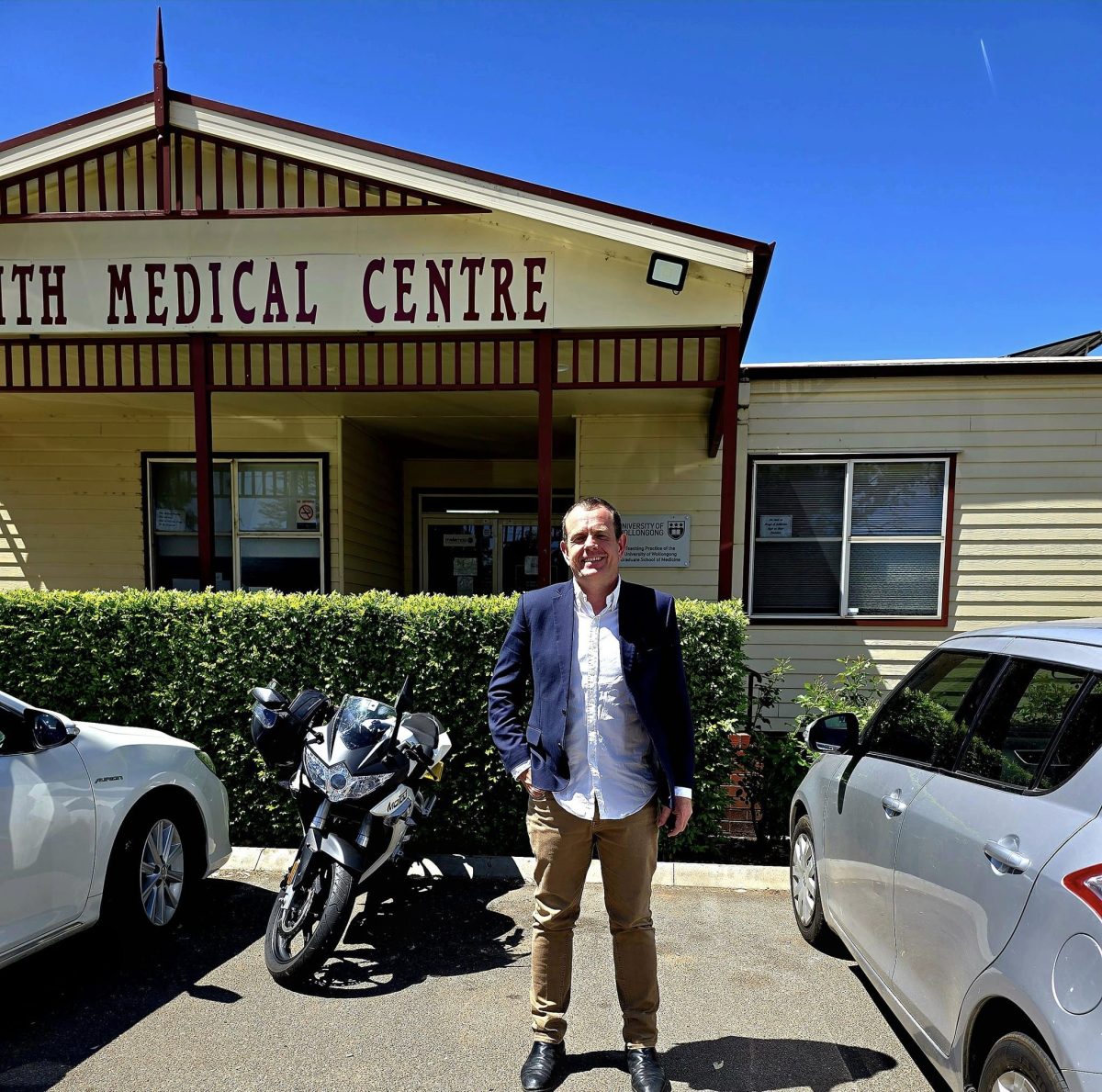
Griffith-born MP Stephen Lawrence attended the drug summit and visited his old family home, which is now a medical centre. Photo: Stephen Lawrence Facebook.
Ms Dummett said the summit would have cost a “huge amount” to host, so felt it was a missed opportunity to meaningfully engage with those on the ground.
Emma Maiden, the general manager of advocacy and external relations at Uniting, a not-for-profit group that runs drug programs, said some participants expressed support for drug use decriminalisation.
“The key theme was that there’s a desire to do things differently,” she said.
“There was a lot of talk of the stigma of the criminal consequences of drug use; there’s an inability to be faceless if you’re going to put your hand up for treatment in small communities. People worry about judgement and discrimination; that’s driving away people from reaching out for help.”
Minister Park said summit chairs would produce a report early next year, with the government to respond in a matter of months.
“We’d like the government to have an open mind and not to take anything off the table in terms of the full range of possible solutions,” Ms Maidan said.







